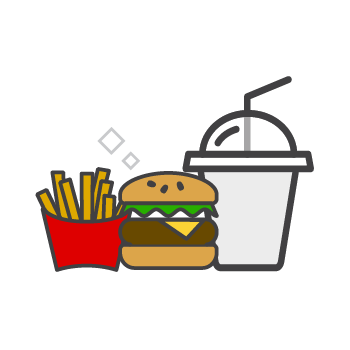These Tips Will Help to Ease the Strain of Constipation
by Carolyn Lee Nov 25, 2019

Constipation is a health condition that many people do not speak openly about.
It affects millions of people globally and can sometimes be the underlying cause of other illnesses.
While being constipated can be infrequent for some, for others the struggle with chronic constipation affects their lives. These people suffer from pain and discomfort and may develop other complications.
What is constipation?
Constipation is a digestive condition that results in people having less than three bowel movements per week. Chronic constipation can persist for several weeks and may cause severe strain.
Complications include haemorrhoids, anal fissures (tears in the anus), rectal prolapse (intestine protrudes from anus) and accumulation of hardened stool being stuck in the anus.
Ouch.
Underlying factors
Some health problems that can cause constipation are:
– Irritable bowel syndrome
– Stress
– Diabetes
– Stroke
– Parkinson’s Disease
– Improper use of laxatives
– Hypothyroidism (underactive thyroid gland).
Common causes
The common causes of constipation include ignoring the urge to go, poor diet, bowel blockages, cancer and pelvic floor dysfunction.
Moreover, pregnant women may also experience constipation based on hormonal changes in the body.
Risk factors
Risk factors include dehydration, depression, eating disorders, being a woman, lack of exercise, and being an older adult.
Taking some types of medications such as antidepressants, opioids, sedatives and blood pressure lowering drugs can increase the risk of constipation.
What are the signs and symptoms?
Persons who are affected by constipation will have hard and dry stool (pebble-like), straining to start or complete bowel movement and less than three bowel movements per week. Another sign includes feeling full despite having just completed a bowel movement.
Ways to prevent constipation
Add more fibre rich foods to your diet such as callaloo, chickpeas, split peas, black beans, kidney beans, avocado, ripe bananas, guava, passion fruit, bran cereal, etc.
Increase water and juice intake and minimise drinking sodas and caffeinated beverages. Straining could make the situation more challenging, so avoid doing so.
If you have been experiencing constipation, consider seeing a doctor if you have the following symptoms:
– Constipation persists for more than three weeks.
– You see blood in your stool.
– You experience abdominal pain or pain during bowel movements.
– Weight loss.
– Sudden changes in your bowel movements.
Constipation may resolve on its own.
However, if you have frequent constipation, you should consider looking at preventative measures.
Speak to your health care provider if you experience chronic constipation for a course of treatment that is right for you.
Sources: Medical News Today, Eat Right, Hopkins Medicine, Healthline, Healing Plant Foods and Mayo Clinic.








